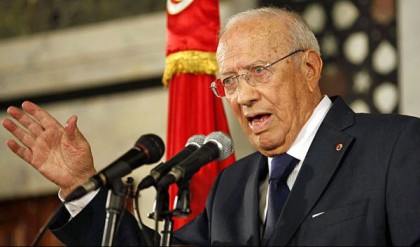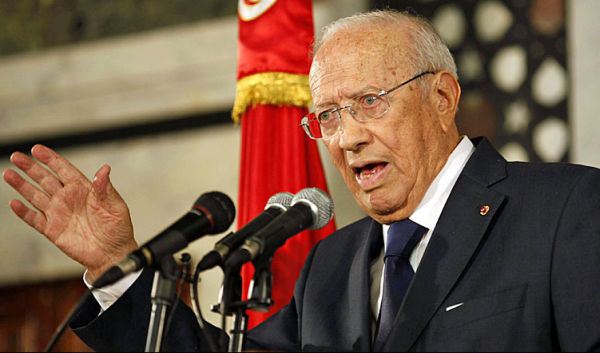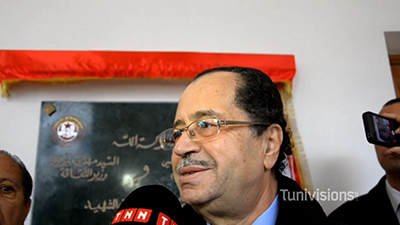 President Essebsi of Tunisia has decided to extend the State of Emergency in the country by four months effective this Thursday June 15.
President Essebsi of Tunisia has decided to extend the State of Emergency in the country by four months effective this Thursday June 15.
The decision was made after consultations with the Prime Minister and the Parliament Speaker but details about what led to the extension were not revealed.
However, a source at the presidency said the deadly attacks in London and Manchester claimed by the Islamic State contributed to it. The source said “it’s better to be vigilant.” The source added that the state of emergency facilitates the duties of the police as it gives them much greater powers to ban strikes and mass gatherings as well as meetings that could lead to public “disorder.”
The state of emergency enables the Interior ministry to place suspicious individuals under house arrest if they are considered a “danger for security or public order” and helps “to ensure control of the press.”
Tunisians have been living under a state of emergency since 24 November 2015 and it has been extended on a series of occasions due to security concerns. In March 2016, ISIS launched an attack on Ben Guerdane with the ambition of establishing an ‘emirate’ but their presence was short-lived following a strong response from the security forces.
The threat posed by extremist militants has had a negative impact on Tunisia. Successful attacks have left scores of people dead, majority of them foreigners. That has forced tourists to flee the tourist-haven, which took its toll on employment and job opportunities.
The International Monetary Fund (IMF), which has been supporting Tunisia to surpass its difficult financial and economic challenges, authorized this week the disbursement of the second installment of the $2.9-billion loan granted to Tunisia.
Managing Director Christina Lagarde said the IMF is “happy to see that the phosphate activity is resuming and tourism figures are rising.” She urged the international community to join forces to encourage this recovery and preserve security on the Tunisian territory, which are important and necessary steps to help create jobs for Tunisian youths.



